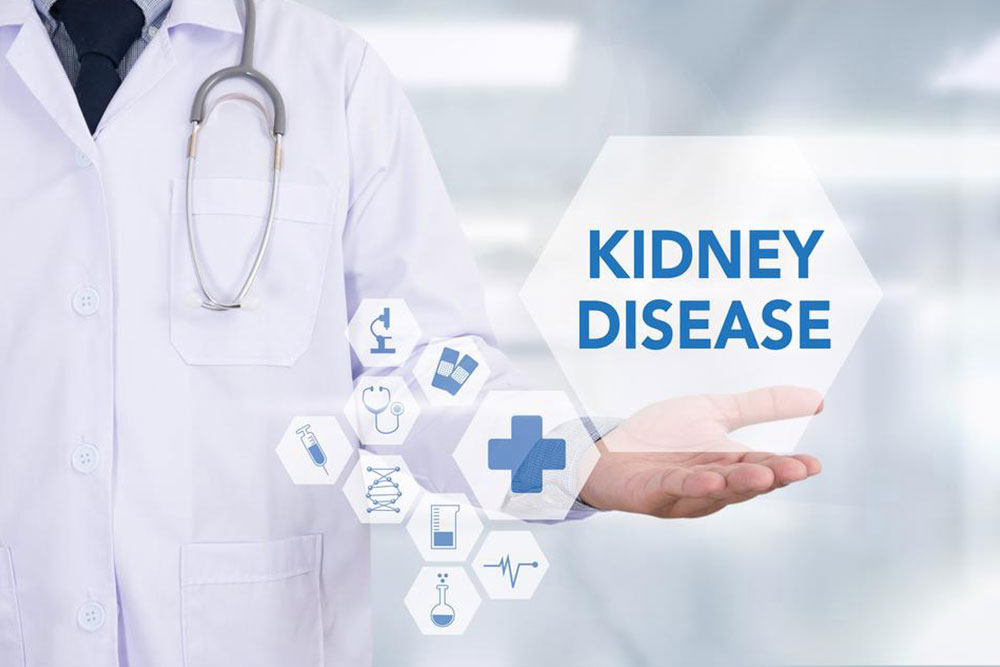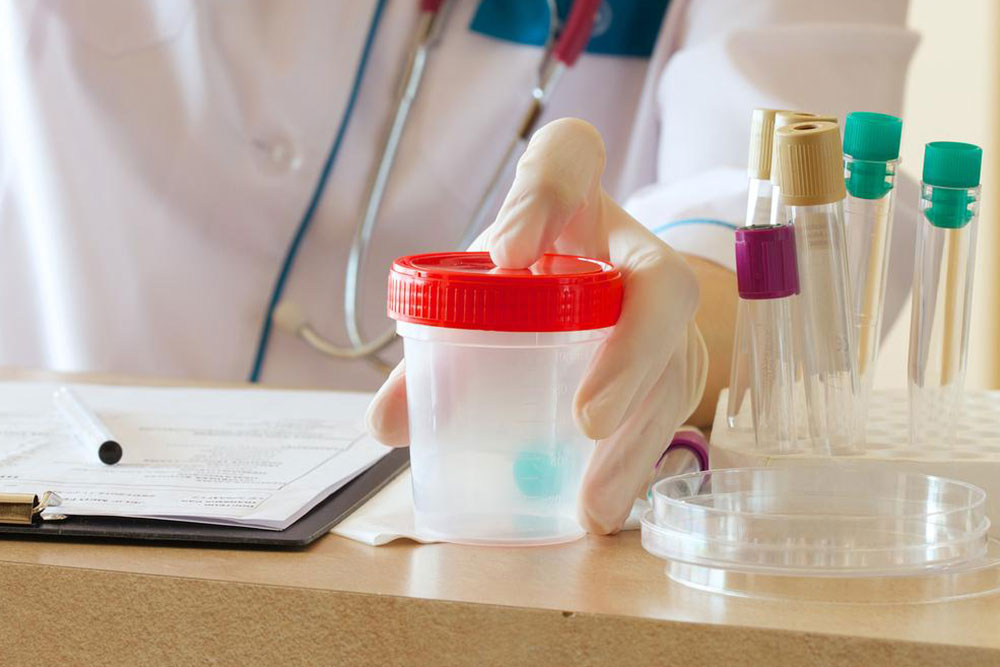Comprehensive Guide to Managing Stage 3 Kidney Disease: Symptoms, Treatment, and Lifestyle Strategies
This comprehensive guide explores stage 3 chronic kidney disease, including its symptoms, progression, and management strategies. Learn how early recognition, medical treatment, and lifestyle changes can help slow disease progression, improve quality of life, and prevent complications. The article emphasizes the importance of regular health checkups, dietary adjustments, and collaborative healthcare to maintain kidney health effectively.

Comprehensive Guide to Managing Stage 3 Kidney Disease: Symptoms, Treatment, and Lifestyle Strategies
Chronic kidney disease (CKD) is a progressive condition characterized by the gradual decline of kidney function over time. When kidneys are injured or affected by underlying health conditions such as hypertension (high blood pressure) and diabetes mellitus, their ability to perform vital functions diminishes. This decline in kidney efficiency impairs the body’s capacity to filter waste products from the bloodstream, regulate fluid and electrolyte balance, produce hormones like erythropoietin for red blood cell production, and help control blood pressure. As CKD advances, particularly reaching stage 3, the impacts become more pronounced, prompting urgent medical attention to slow progression and mitigate complications.
Understanding the Stages of Chronic Kidney Disease and Recognizing Symptoms
CKD progresses through five distinct stages, each reflecting the extent of kidney damage and reduction in function. Stage 1 is characterized by mild damage with normal or increased kidney function, often showing no noticeable symptoms. Stage 2 involves mild kidney damage with slight decline in function. Stage 3, often regarded as moderate CKD, is where symptoms become apparent, signaling that the kidneys are losing about 50% of their normal work capacity. This stage can be subdivided into 3a and 3b, indicating slight differences in kidney function.
In stage 3, patients often present with symptoms such as persistent fatigue, swelling or edema in the legs, ankles, and feet, and shortness of breath. Urinary changes become evident, including foamy urine, dark or rust-colored urine, or episodes of increased urination at night. Back pain near the kidneys and sleep disturbances caused by discomfort or restless legs are common complaints. Recognizing these signs early is critical because timely intervention can slow progression, preserve remaining kidney function, and improve overall well-being.
It is crucial for individuals experiencing these symptoms to seek medical advice promptly. Regular kidney function tests, such as serum creatinine, estimated glomerular filtration rate (eGFR), and urine analyses, help healthcare providers assess disease progression and guide treatment strategies.
Strategies for Effectively Managing Stage 3 CKD
While there is currently no cure for CKD, early diagnosis and dedicated management can significantly slow its progression and reduce the risk of complications like cardiovascular disease and end-stage renal failure. Managing stage 3 CKD involves a comprehensive approach focusing on medical treatment, lifestyle adjustments, and dietary modifications.
Consulting healthcare professionals specializing in nephrology is essential for developing a personalized treatment plan. Medications may include blood pressure control drugs such as ACE inhibitors or ARBs, which help protect kidney function. Controlling blood sugar levels in diabetic patients and managing cholesterol levels with statins are also vital components of treatment.
Diet plays a pivotal role in managing CKD. Patients are advised to control their intake of potassium, phosphorus, sodium, and protein. A diet low in saturated fats and refined sugars can help manage cholesterol and blood pressure, reducing strain on the kidneys. Regular physical activity, maintaining a healthy weight, quitting smoking, and limiting alcohol intake further support kidney health and overall well-being.
Monitoring vital signs, blood work, and urine tests allows for timely adjustments to treatment plans. Additionally, avoiding nephrotoxic medications, such as certain over-the-counter painkillers like NSAIDs, is crucial. Patients should also be vigilant for signs of fluid overload, such as swelling and shortness of breath, and seek prompt medical care if these occur.
Living Well with Stage 3 CKD: Lifestyle Tips and Future Outlook
Although CKD can be a challenging diagnosis, adopting a proactive approach to health management can significantly improve quality of life. Patients should focus on a balanced diet rich in fruits, vegetables, and whole grains while monitoring their intake of processed foods high in sodium and saturated fats. Staying hydrated and avoiding excessive intake of potassium-rich foods like bananas and potatoes may be necessary, depending on individual kidney function.
Regular exercise helps control blood pressure, weight, and blood sugar levels, all of which are critical in slowing CKD progression. Stress management techniques and adequate sleep can also enhance overall health. Patients should stay informed about their condition through ongoing medical consultations and educational resources.
With advancements in medical research and early intervention strategies, individuals with stage 3 CKD can continue to lead active, fulfilling lives. The key is early detection, diligent management, and supportive lifestyle choices that minimize further kidney damage and visualize a healthier future.





